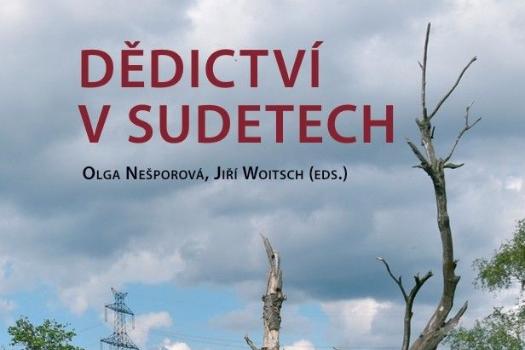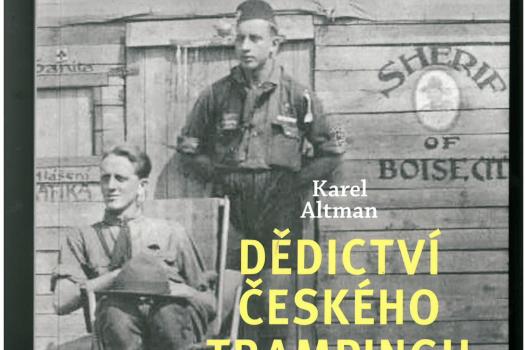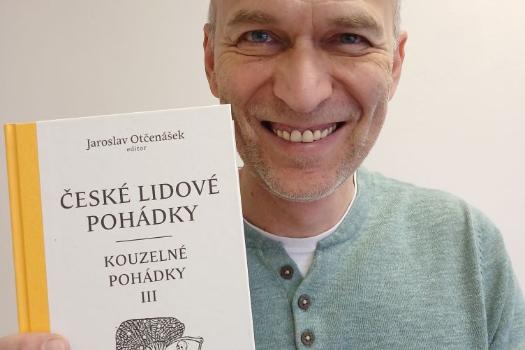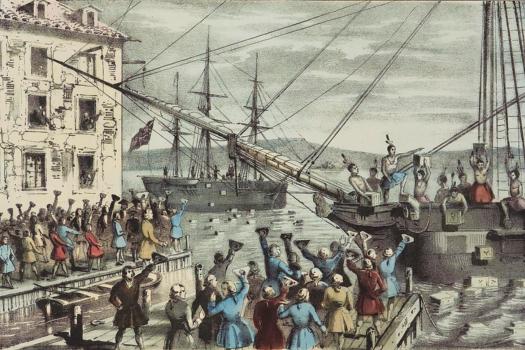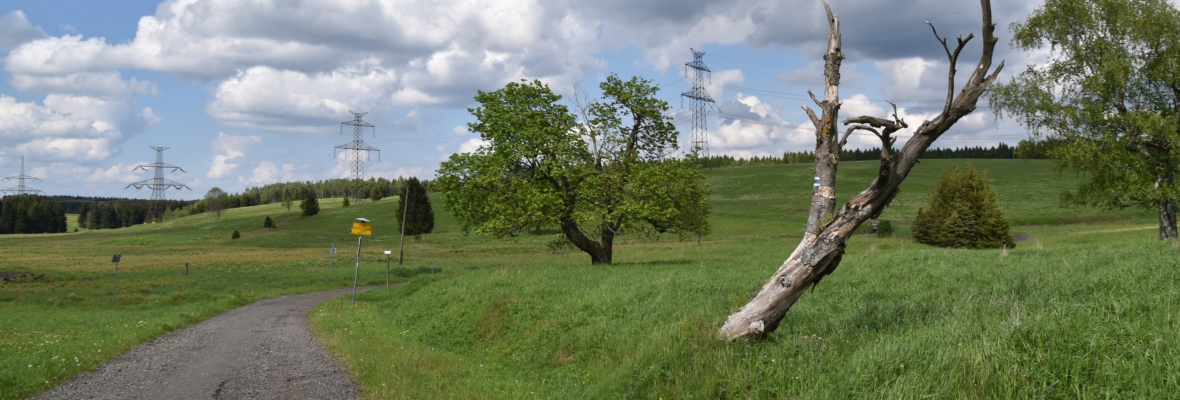
Department of Critical Heritage Studies
Department of Critical Heritage Studies
Our department explores heritage as a dynamic, entangled process that transcends conventional distinctions between cultural and natural, tangible and intangible. We study how people make sense of the past and future in the present, focusing on interactions between practices, landscapes, objects, people, and more-than-human actors.
We combine traditional ethnological and anthropological research methods: field research based on participant observation, in-depth interviews, audiovisual data collection, supplemented by archival research and selected qualitative approaches from history, sociology and other humanities and social sciences. Our research spans historical and contemporary perspectives, from the Early Modern period to the present, tracing the transformations of heritage and its role in shaping identities, communities, and social structures.
An important aim of our research agenda is to contribute to theorising critical heritage studies in the complex contexts of Central and Eastern Europe and to broaden international heritage scholarship with new theoretical and empirical perspectives.
Our approach integrates critical heritage studies and the study of heritage-related phenomena. We examine how heritage and related phenomena are constructed, contested, and experienced, analysing its institutionalisation and appropriation while also exploring its transformations. Our scholarship contributes to heritage studies by examining evolving interactions among actors in heritage-related processes and phenomena. Our key research areas include:
- Religious traditions and spiritual practices, their transformations, and reinterpretations.
- Funeral customs and approaches to death in different contexts.
- Colonial legacies and heritage politics, with a focus on how historical power structures continue to shape heritage discourse.
- Folklore, storytelling, and oral traditions as living practices.
- Traditional crafts and production techniques, their adaptation, and their role in contemporary economies
HOLUBOVÁ, Markéta, PhDr.,Ph.D.
NEŠPOROVÁ, Olga, Mgr., Ph.D. (head of department)

